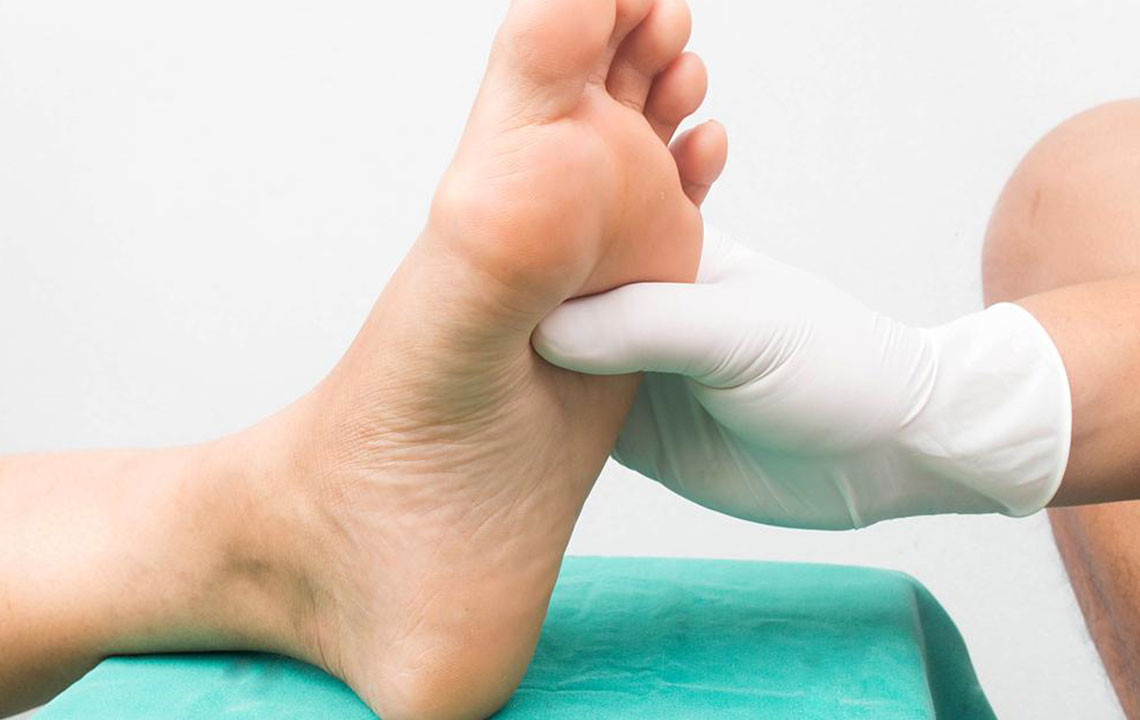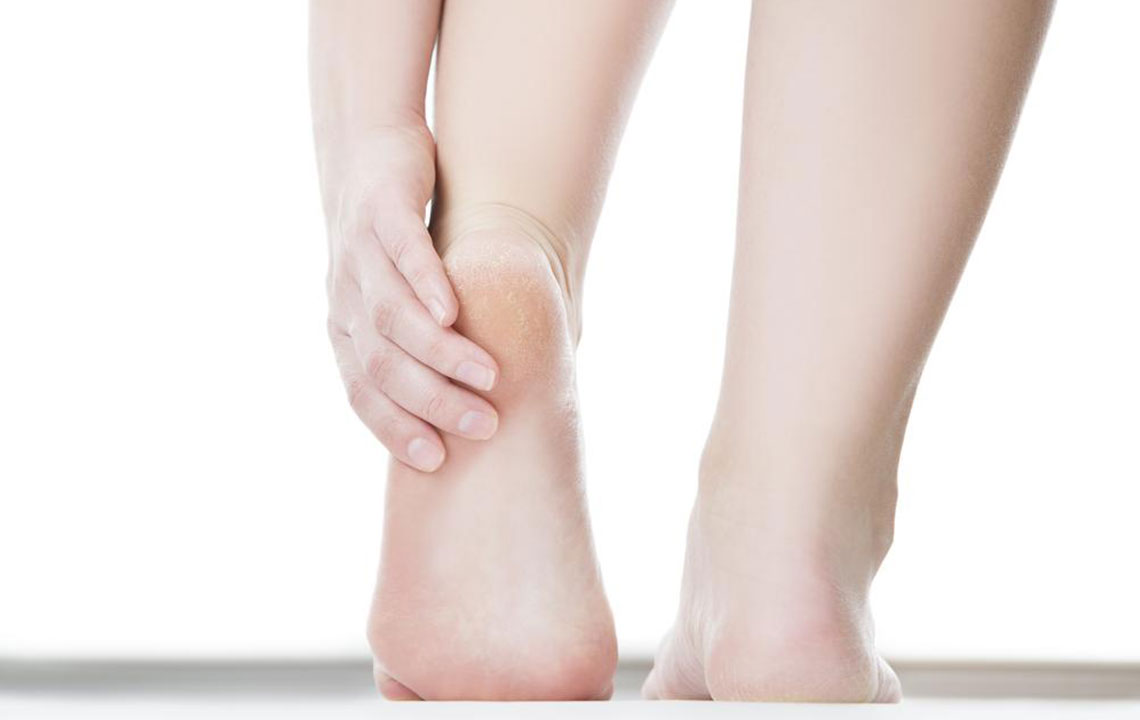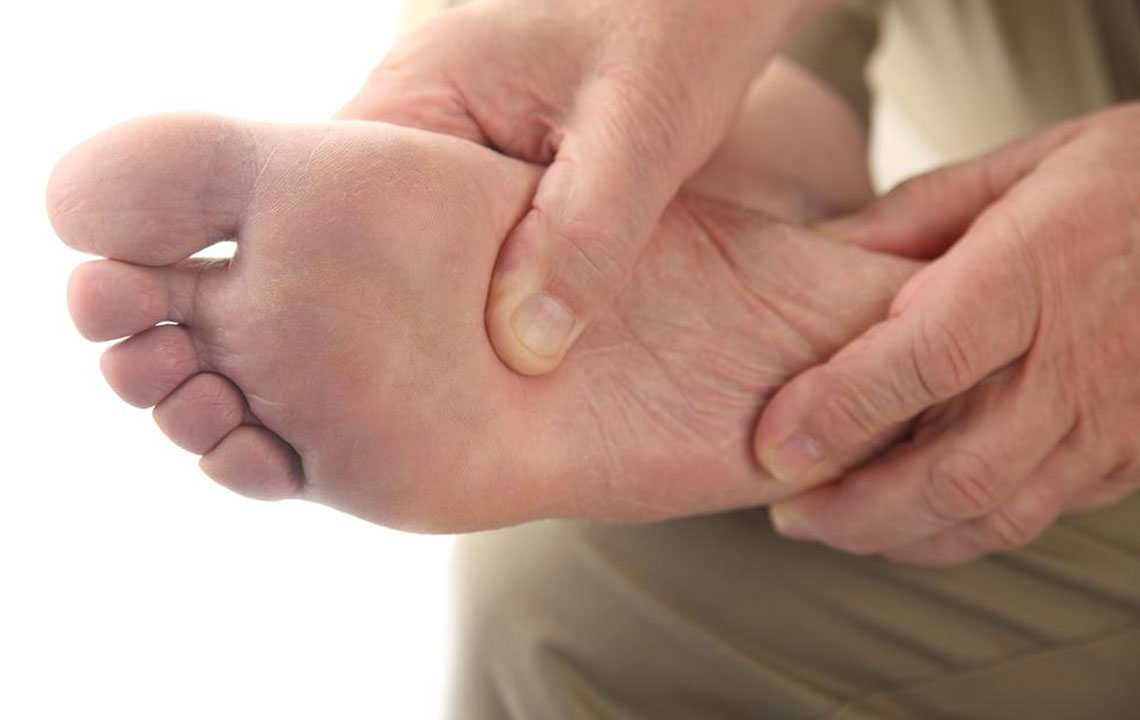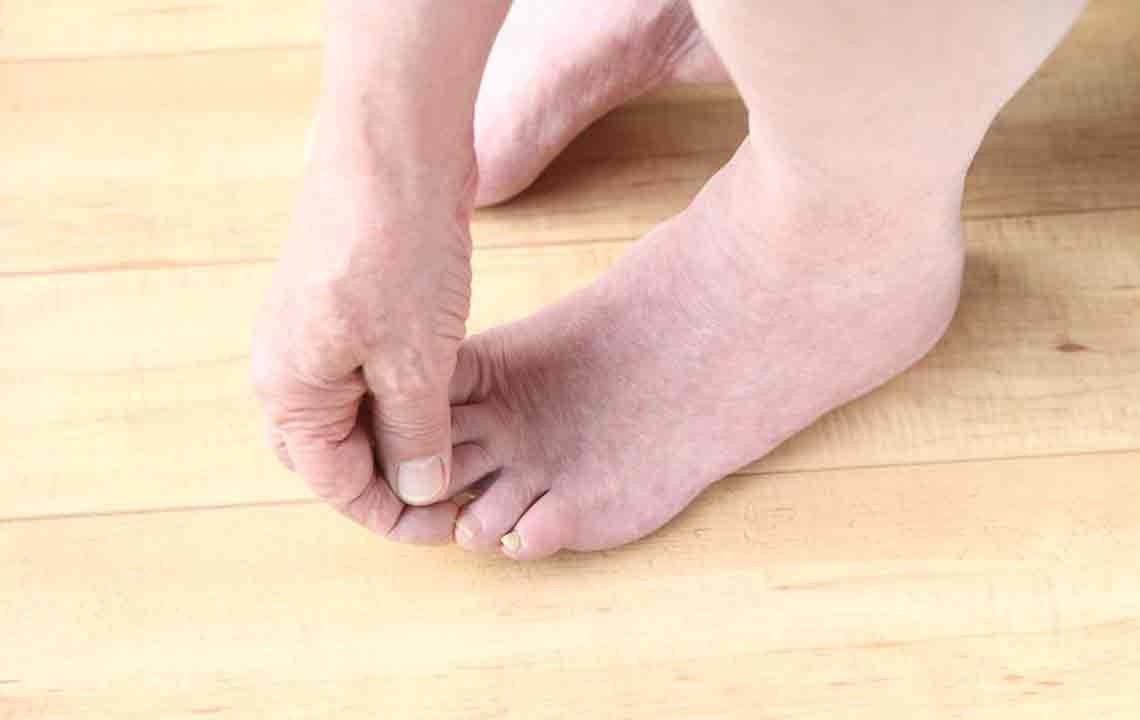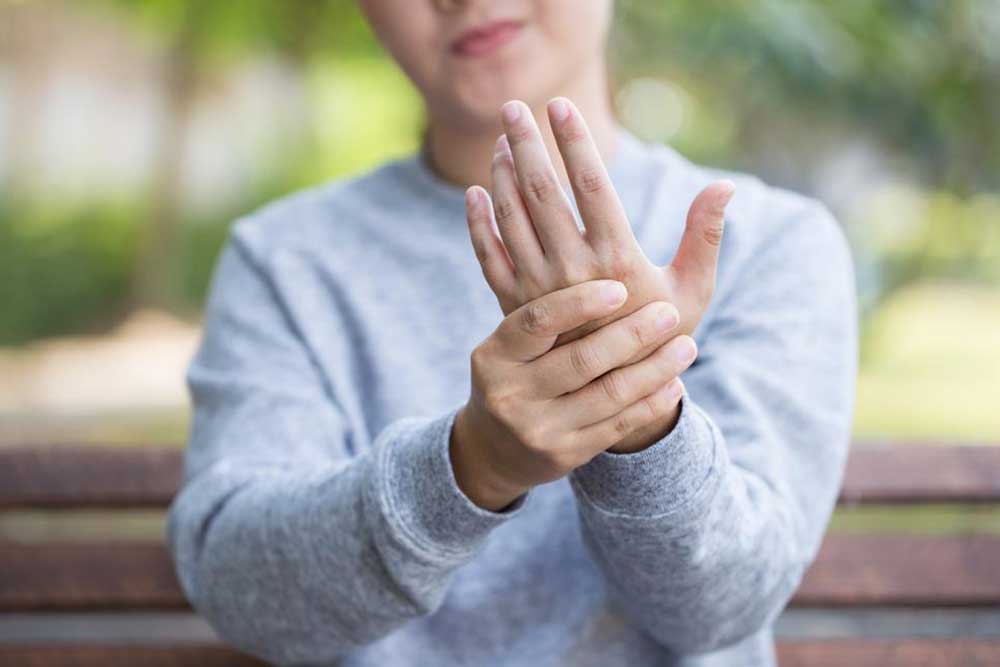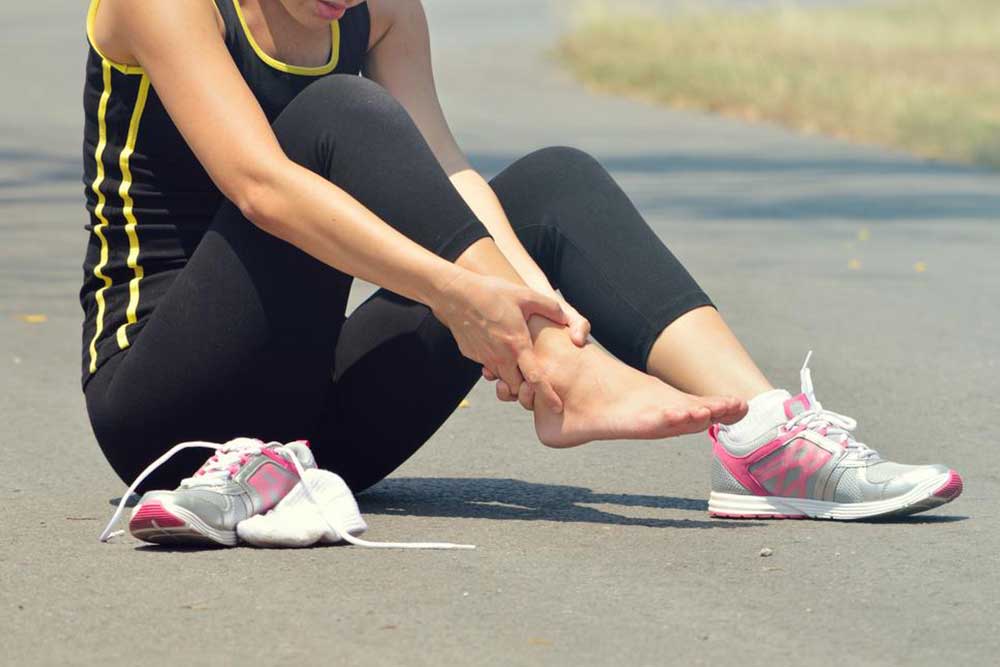Understanding How Diabetes Affects Foot Health
Discover how diabetes impacts foot health, causing nerve damage, poor circulation, and infections. Learn about common foot issues like fungal infections, bunions, dry skin, and how to prevent and manage these problems through daily care, proper footwear, and medical consultation. Protect your feet and maintain mobility with simple, effective strategies tailored for diabetics.
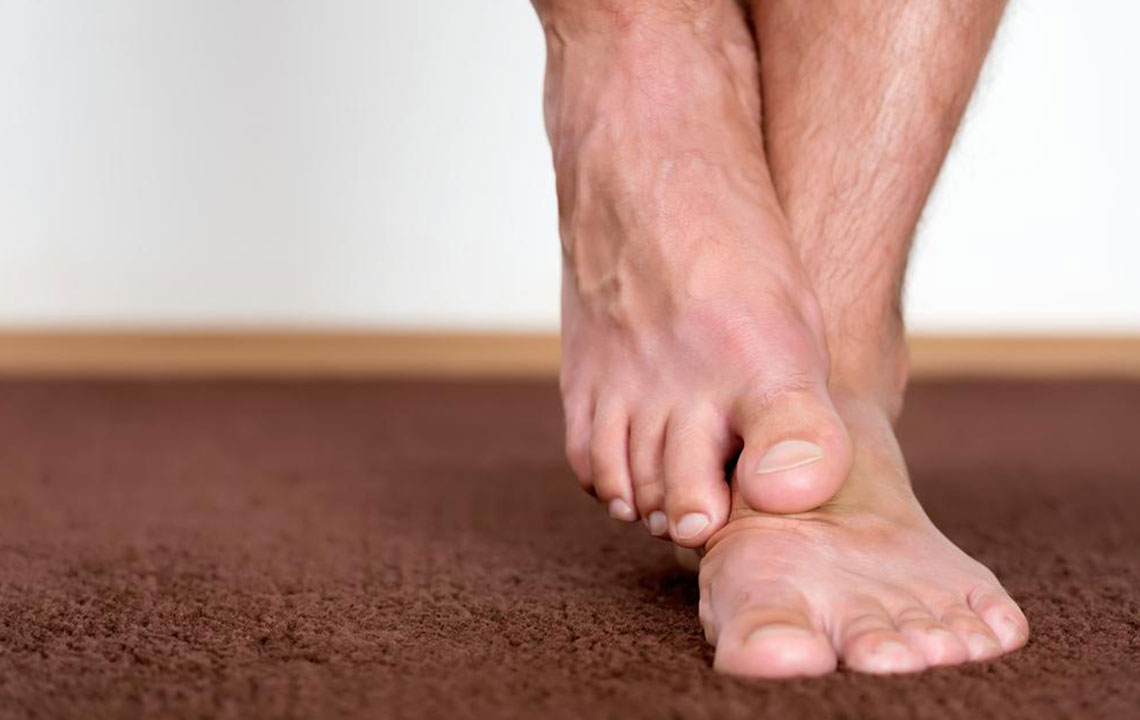
Impact of Diabetes on Foot Well-being
Diabetes is a chronic condition characterized by insufficient insulin production, a hormone from the pancreas that enables the body to process glucose from food into energy. Without enough insulin, glucose accumulates in the bloodstream, leading to numerous health issues, including heart disease, vision problems, and nerve damage. A common complication faced by diabetics is foot discomfort. High blood sugar damages blood vessels and peripheral nerves, increasing the risk of foot problems.
The combination of nerve impairment and reduced blood circulation causes pain and hampers healing, increasing susceptibility to infections and gangrene, which may require amputation.
Diabetic foot issues arise mainly from insufficient blood flow and nerve damage. Poor circulation deprives tissues of oxygen and nutrients, making cuts and injuries more difficult to heal. Peripheral neuropathy leads to numbness, increasing the chance of unnoticed injuries and infections.
Common Foot Complications Linked to Diabetes
Fungal Nail Infections: Bacterial infections cause nails to become yellow, inflamed, and painful. If neglected, infections spread to other nails and skin, potentially impairing mobility or causing ingrown nails.
Muscle and Joint Discomfort: Nerve damage leads to pain and numbness, affecting muscle coordination and balance, which can result in falls or further injuries.
Calluses and Corns: These form due to uneven weight distribution or friction from footwear, leading to hardened skin that can misalign the foot if untreated.
Bunions: Big toe deformities develop from joint swelling and misalignment, causing redness and discomfort. Severe cases might need surgical correction.
Dry Skin: Cracked skin, especially on heels, invites bacterial entry and causes further damage. Moisturizing helps prevent such issues.
Preventing Foot Problems in Diabetics
Daily foot inspections are crucial for early detection of injuries or infections.
Wash feet daily with warm water and dry thoroughly, then apply powder to prevent moisture build-up.
Gently remove calluses and corns using a pumice stone, avoiding harsh tools.
Always wear well-fitting shoes and socks to reduce injury risks and protect your feet.
Stimulate blood flow by staying active and wiggling toes regularly.
Seek immediate medical advice if foot conditions worsen, especially with high blood sugar levels.

